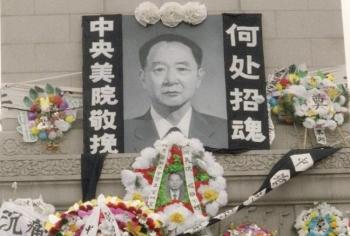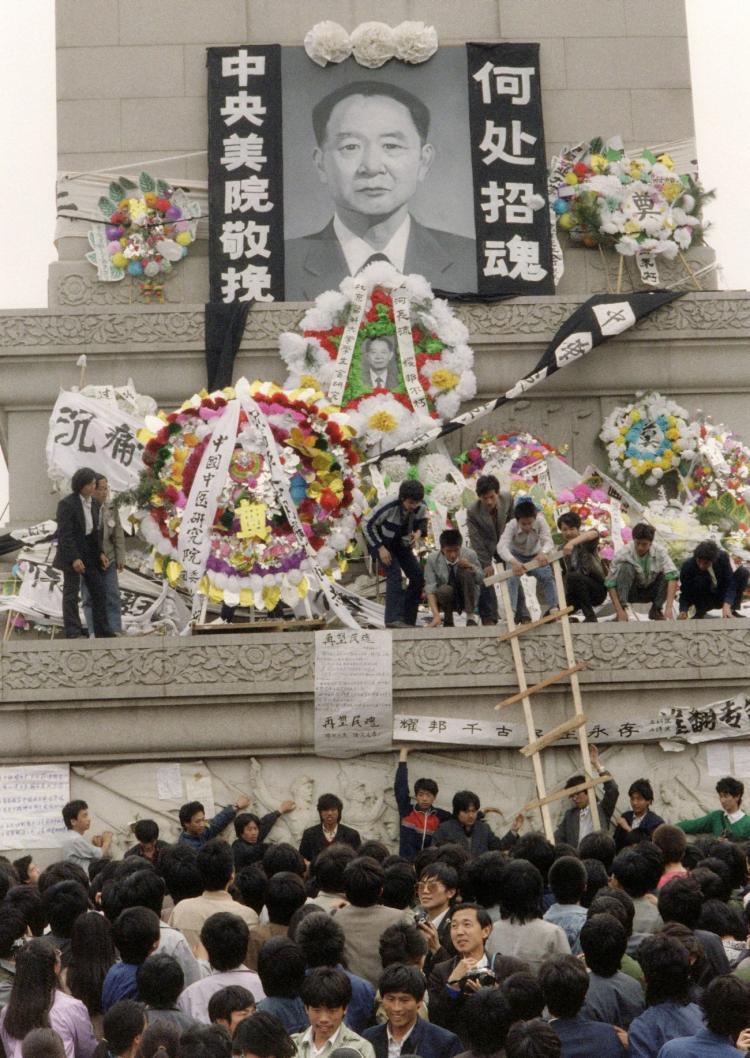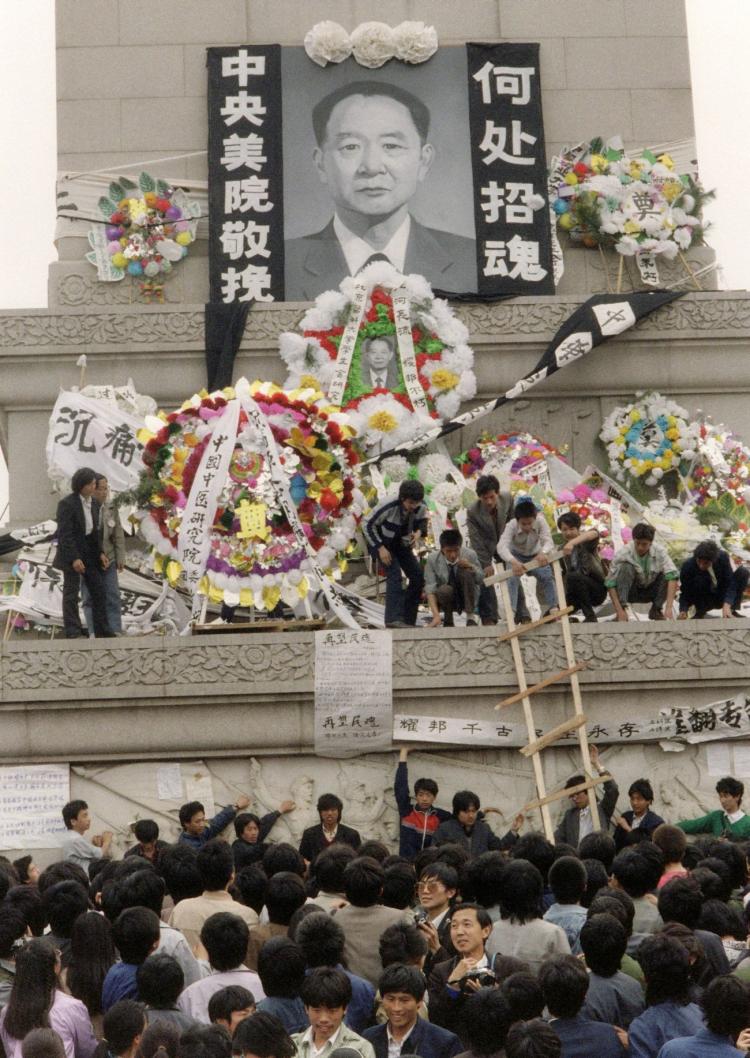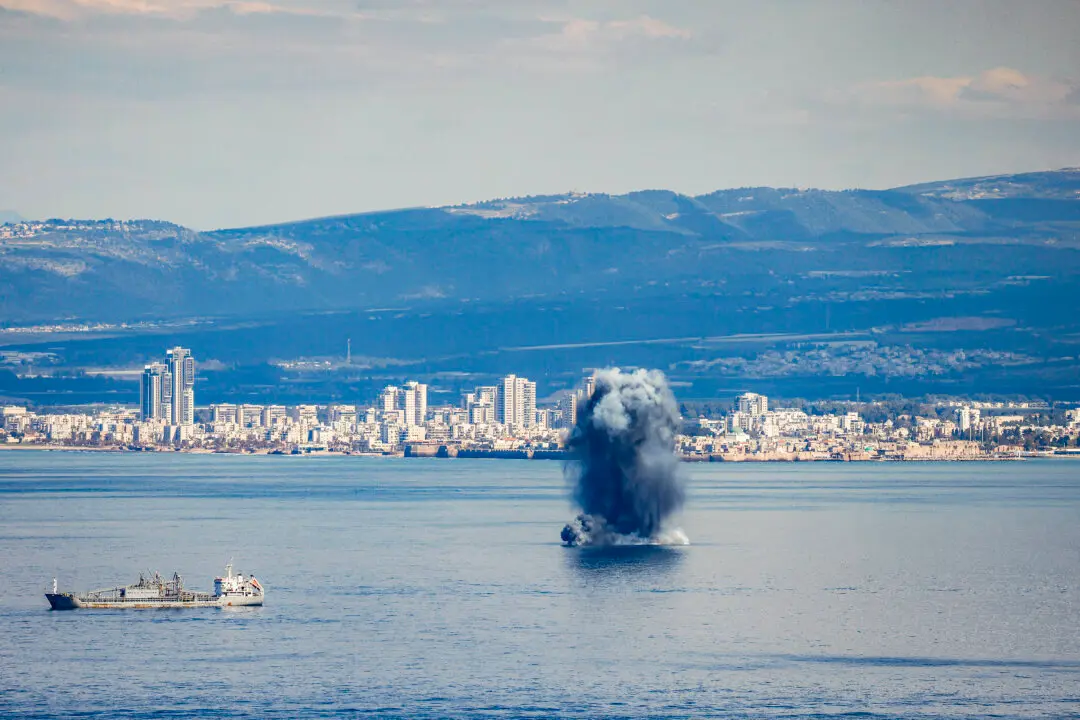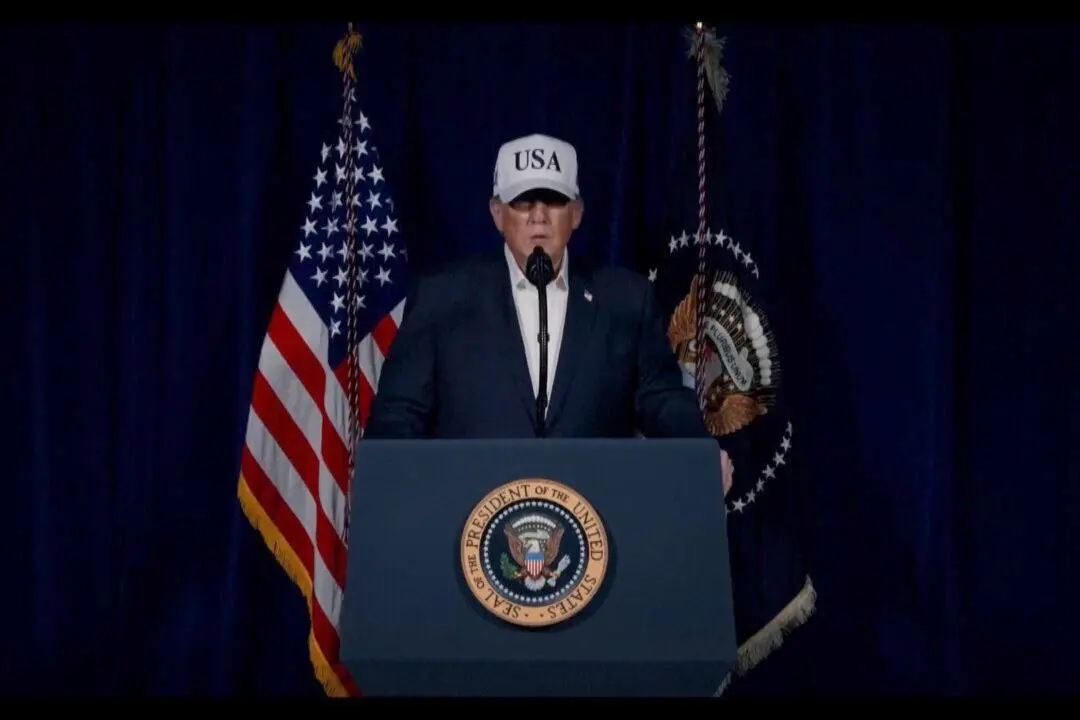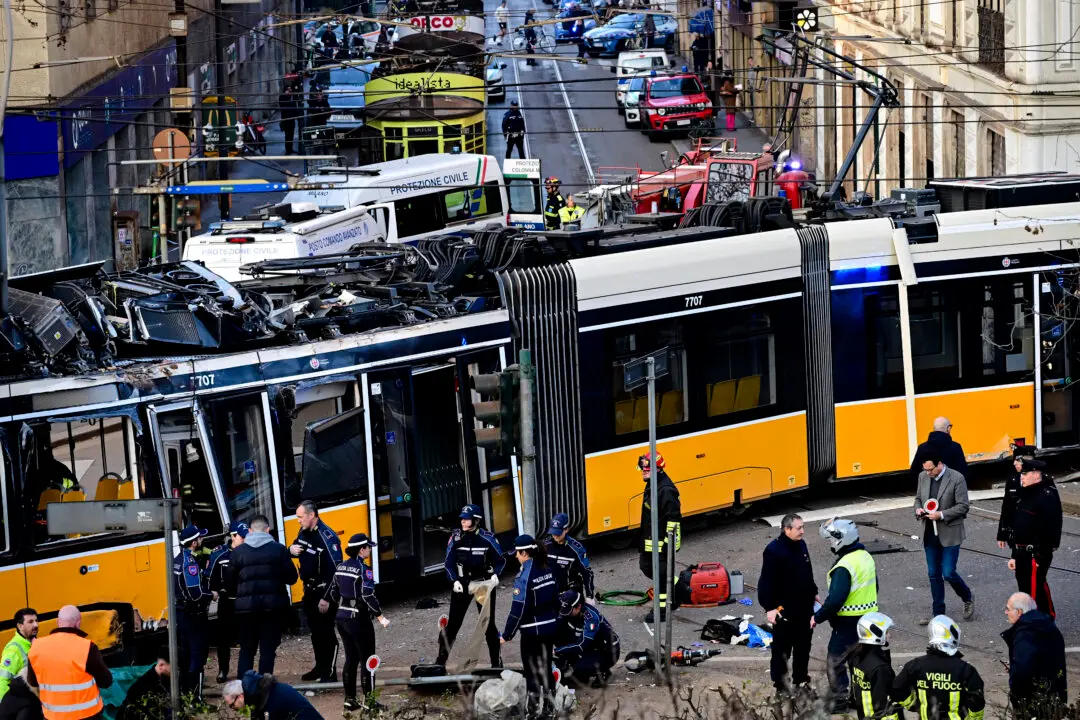Beijing was unusually quiet on April 15, a day that marks the 20th anniversary of former senior leader of the Chinese Communist Party (CCP) Hu Yaobang’s death. The official ceremony was banned and Tiananmen Square was also closed early. Hu’s remaining family held a private ceremony at his cemetery while the general public was seen in Beijing holding a tribute for him. Vigorous discussion was seen online to commemorate Hu as well.
The Memorial Becomes the CCP’s Political Taboo
Hu Yaobang, a reformist in the communist party, won people’s heart but was forced to resign in 1987 due to his weak response towards the 1986 student protest. Hu passed away on April 15 two years after his resignation. His death triggered the explosion of public anger. Large scale commemorative activities were initiated and gradually evolved into student demonstrations of anti-corruption. Finally, the series of activities ended with the military, and police opened fire upon the student protest at Tiananmen Square to suppress them. Since then, the day of April 15 has became a political taboo for the CCP. Years later, the regime did hold a memorial ceremony for Hu; however, it was done in 2005 on Hu’s birthday, November 18.
Hong Kong newspaper The Apple Daily reported that Beijing ordered no official memorial service from the government was to be conducted. Hu’s family, including his eldest son Hu Deping, went to Jiujang City, Jiangxi Province where Hu is buried, for a quiet ceremony which has taken place for the past 20 years.
Hu’s cemetery has also become a sensitive place in the past 20 years, a worker at the cemetery said. Despite that, each year many people, including central and local officials, have visited the cemetery to pay tribute on the anniversary of his death.
The report also quoted from an insider that Hu’s family has been disappointed by the current party leader Hu Jintao. He was absent during the 2005 memorial, the only high profile ceremony conducted by the regime. Hu Yaobang is known to have been the driving force behind Hu Jintao’s political success.
CCP Tightens Security and Censorship
Tiananmen Square closed at 6 p.m., much earlier than the regular closing time. Many more security in uniform and plain clothes policemen were present at the public gates and subway entrances. Random checks were more frequent on April 15. Meanwhile, activists have either been under supervision or detention. According to Agence France-Presse, 52-year-old human rights activist Qi Zhiyong, who was disabled during the June 4 massacre, was detained by Beijing police in the morning of April 15. Dissident writer Jiang Qishen also experienced increased scrutiny by his hometown police.
Many Web site postings were deleted, and yet many Web users still publicized their online memorials with numerous messages. In regard to the responses from both the regime and the public, Professor Du Guan, former Director of Research at the Central Party School and a member of the think tank during Hu Yaobang’s and Zhao Ziyang’s leadership, indicated that Hu’s anniversary has become ultra sensitive for the regime; his death directly led to the student democracy movement and the June 4 Massacre. He believes that if Hu’s historical position is confirmed by the regime, it means the CCP needs to readdress the Tiananmen Square Massacre. “This is something impossible for the Chinese Communist Party (CCP),” he said.
Professor Du stated that the CCP is very short-sighted. “The June 4th movement is the pioneer of Chinese democracy. The CCP should pay back for the June 4th massacre and Hu Yaobang’s death.”
Read the Chinese article
